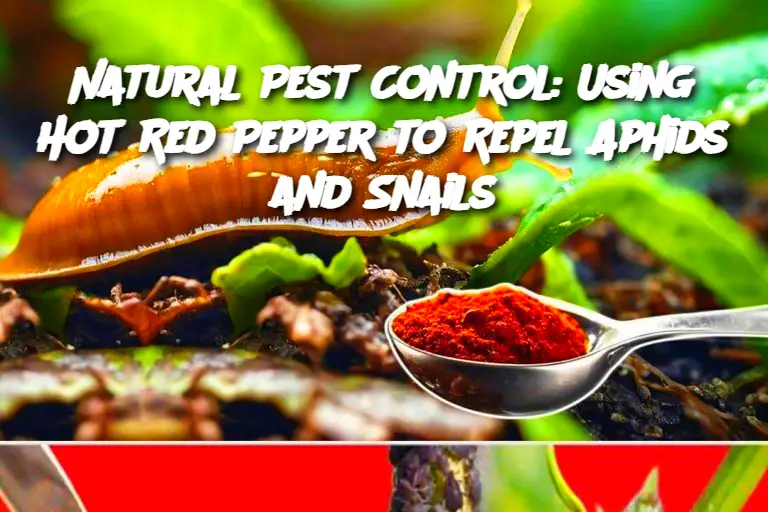ADVERTISEMENT
You can make a stronger or milder solution depending on the severity of the pest problem. Simply add more or fewer chili peppers to the water to adjust the heat level.
Another variant is using other hot spices like cayenne pepper or habaneros for even stronger deterrents.
FAQ:
How often should I apply the pepper solution?
It's best to reapply every few days, especially after it rains or after you water your plants, as water can wash away the solution.
Will this harm my plants?
When diluted properly, hot pepper spray is generally safe for most plants. However, it’s always a good idea to test the solution on a small area first to ensure that it doesn’t cause any harm, especially to more delicate plants.
Can I use this on all plants?
This method works well for many plants, but it’s particularly effective on leafy vegetables, flowers, and certain shrubs. Avoid using it on very young plants or those that are sensitive to strong spices.
Do the pests become immune to the pepper spray over time?
No, aphids and snails don’t develop immunity to capsaicin. However, it’s still important to rotate your pest control methods to ensure long-term effectiveness and avoid pest habituation to a single method.
Is this method safe for pets and humans?
When used as directed, pepper sprays are generally safe. However, keep pets and young children away from the treated plants until the solution has dried. Always wear gloves when preparing the solution to avoid skin irritation.
Using hot red pepper as a natural pest control measure is not only effective but also safe for your plants and the environment. It’s an easy, budget-friendly way to keep your garden free from pests without relying on harsh chemicals.
ADVERTISEMENT
